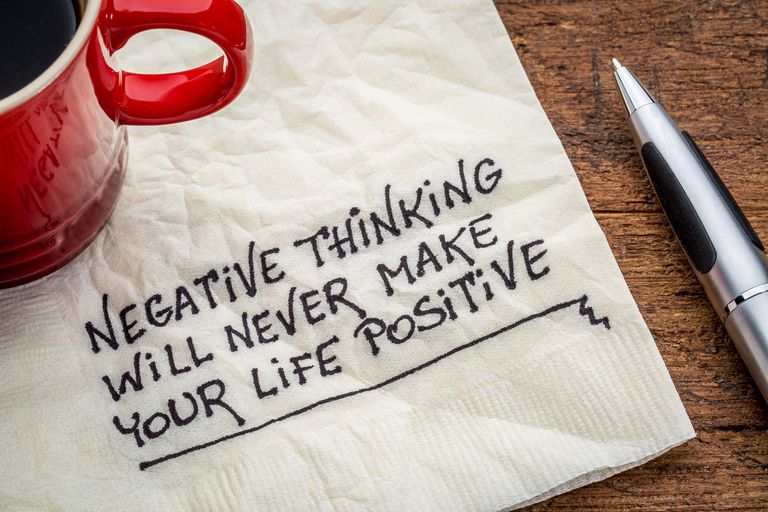Unconditional acceptance of yourself is a vital component of psychological well-being. Research indicates that high levels of acceptance are associated with a positive mood regulation, decreased depressive symptoms, and more positive feelings. In this article, we explore why you should start promoting self-acceptance. By doing so, you can encourage a more positive attitude in yourself and others. It doesn't have to be self-indulgent or shameful. Just remember to be kind and gentle with yourself.

Unconditional self-acceptance
Self-acceptance means embracing every aspect of your personality, including your flaws. This is easier said than done, since people tend to hide their faults and weaknesses. However, when you practice unconditional acceptance of yourself, you will come to love and accept your flaws. If you don't have enough self-acceptance, you may try to hide them, or even avoid situations that might cause you to fail.
It's not indulgent
Self-acceptance is a way to love yourself without any strings attached, thereby honoring your uniqueness, humanity, and intrinsic value. After all, you will be in relationship with yourself for the rest of your life, so it's only right that you treat yourself with utmost respect and esteem. Moreover, this practice is a gateway to thriving and cultivating a positive outlook in life.
It's not shameful
In order to practice unconditional acceptance of yourself, you must understand your self-image. You must accept your flaws and mistakes without feeling ashamed. This is the real challenge of unconditional acceptance. We tend to hide our negative parts. However, if you are able to accept yourself as you are, you will have more positive feelings. This attitude is essential in coping with depression, anxiety, and shame. But how can you practice it?
It's a message to yourself
Self-acceptance is important if you want to counter the effects of depression, anxiety, and guilt. By practicing unconditional acceptance, you'll become more able to understand and accept yourself as you are. And this positive attitude will carry over to other aspects of your life. The first step in developing unconditional acceptance is to acknowledge and appreciate the flaws in yourself. While it may take some time, you'll soon begin to see improvements in your performance.
It's a gateway to thriving
Self-acceptance is the key to mastering oneself. Without self-acceptance, one is likely to hide away from the things that might make them look unattractive. They may also try to avoid situations in which they might fail. But when self-acceptance is rooted in love and acceptance, it's the gateway to thriving. Here's how to cultivate unconditional acceptance of yourself.
It's a process
Self-acceptance is a key ingredient in achieving well-being. Unfortunately, self-acceptance can be difficult for some. If you've been accustomed to criticism, it can be difficult to accept flaws or mistakes as positive attributes. This process, known as unconditional acceptance, requires full commitment to yourself. Among its many strategies, unconditional self-acceptance involves reflecting on the negative aspects of your personality and analyzing them with self-compassion. It also involves talking to yourself like your best friend, which can help to release any guilt or shame that you may feel.

It's a lie
Self-esteem is not unconditional. If you want to feel better about yourself, you must learn to accept and celebrate all of your flaws and imperfections. If you believe that your flaws are the cause of your failures, you're not accepting yourself as a complex human being. In fact, the opposite is true - unconditional self-acceptance is a healthy attitude for all people.
This is so important